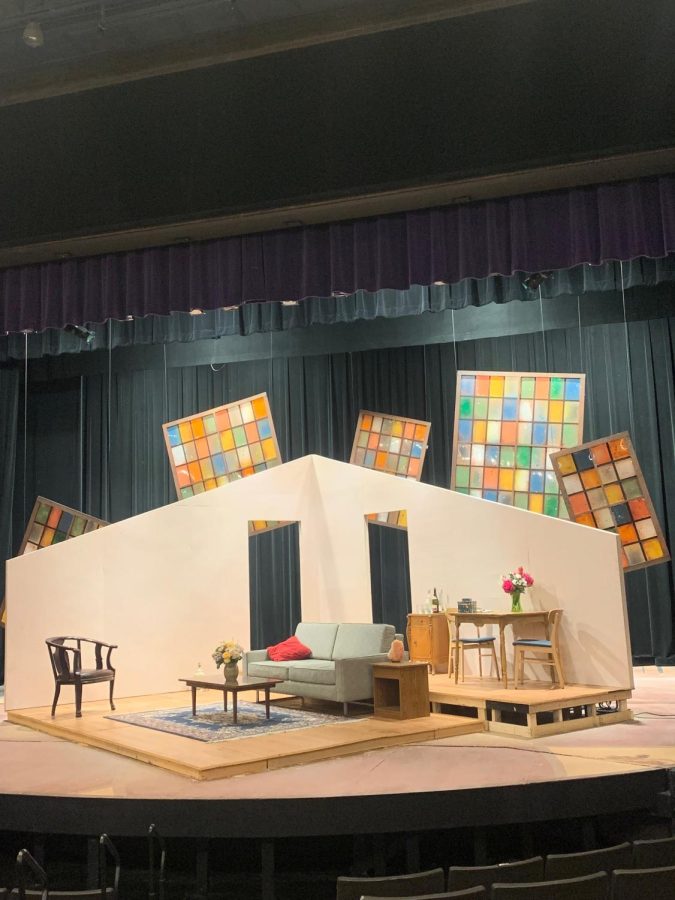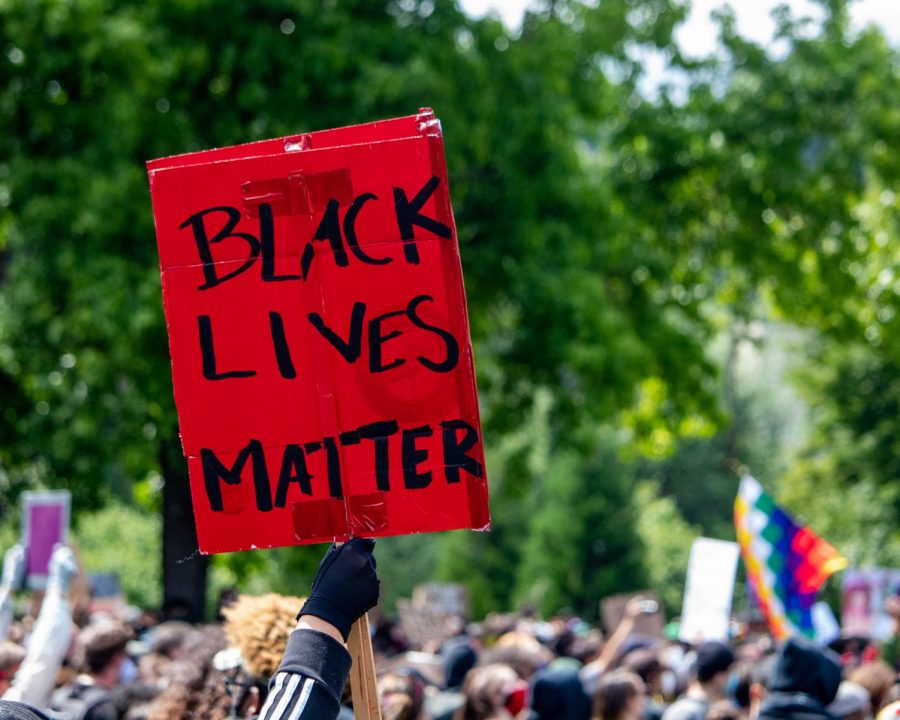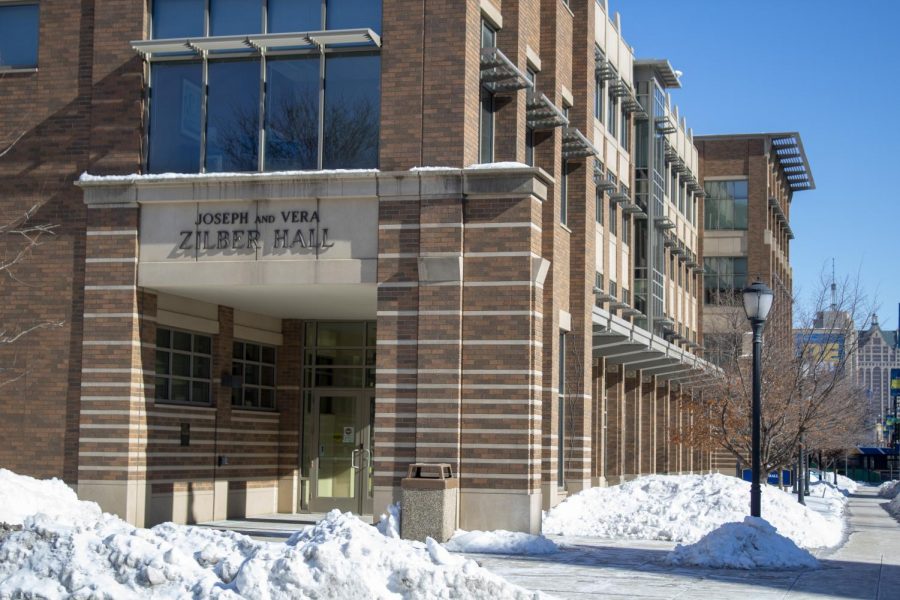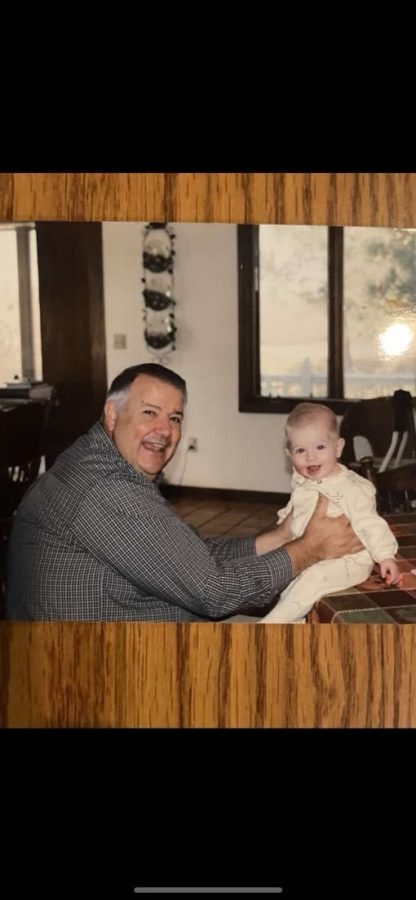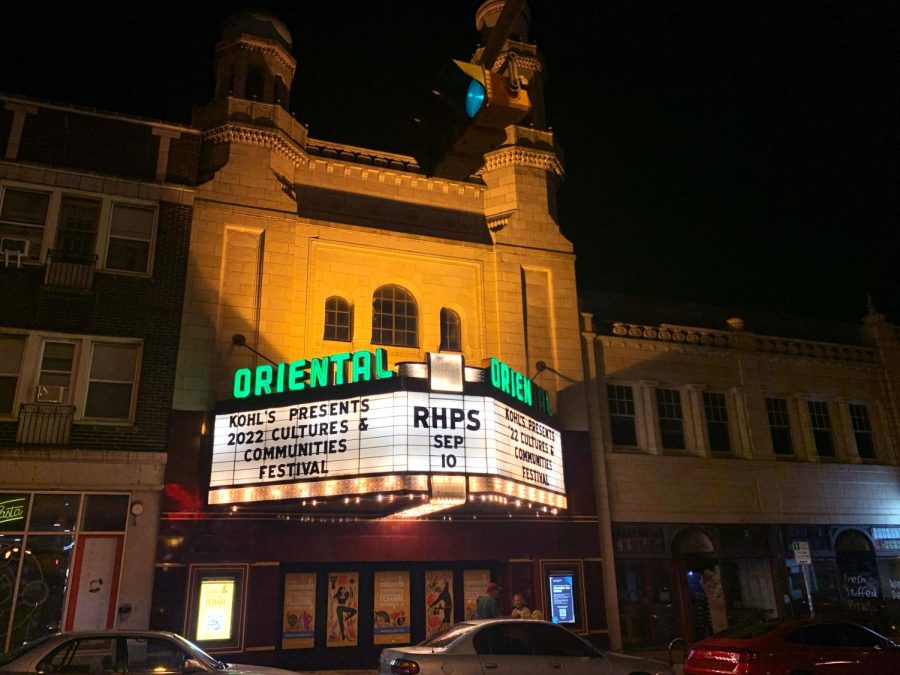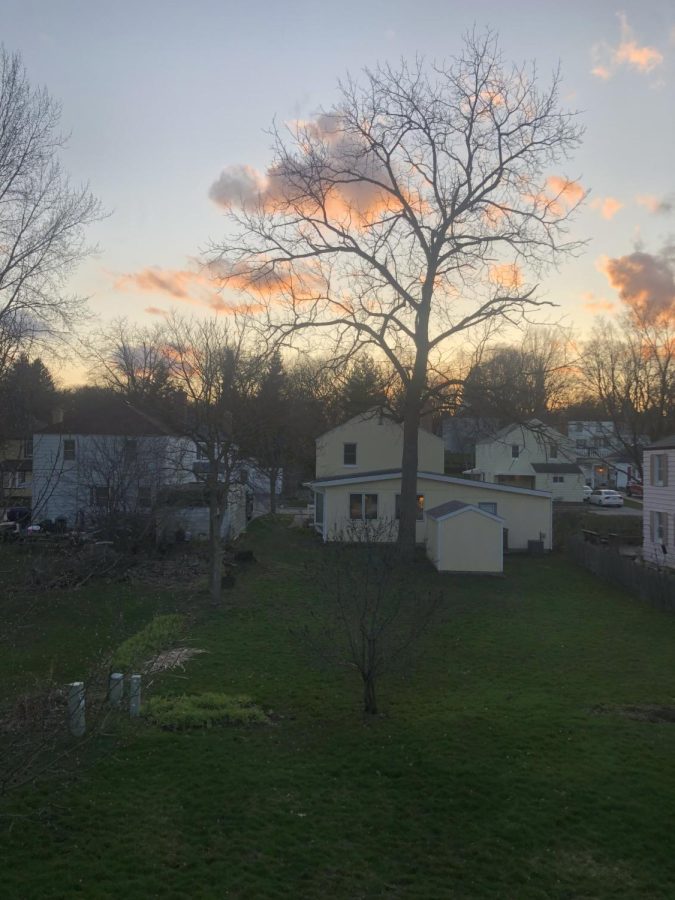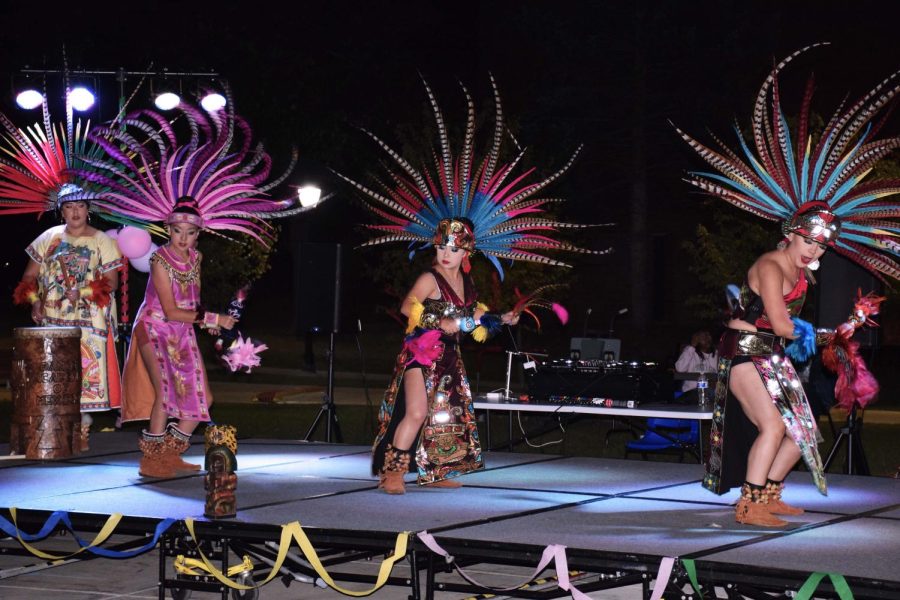Nostalgia is defined as the sentimental longing or wistful affection for the past, typically for a period or place with happy personal associations. While nostalgic memories are linked to positive association, the definition is too narrow and does not include unhappy past experiences; the kind of memories those seek to push away, forget and abandon in order to move on.
These kinds of moments are ones that the term “nostalgia” does not fully acknowledge.
The decision to not explore the term “nostalgia” past its surface means we are consciously forgetting about those whose experiences do not coincide with nostalgia’s general meaning. In order to understand the entire meaning of nostalgia, we must look at experiences beyond the majority. Nonwhite Marquette alumni explain their nostalgia attending a white majority university.
Amia Bradford, a 2020 Marquette alum, says she had mixed feelings at Marquette.
“I remember loving the education I received there, the professors I interacted with and my coworkers,” Bradford says. “But also feeling like I did not belong.”
This is a kind of feeling that is all too familiar for minority students who attend predominately white institutions, or colleges and universities in which white people account for 50% or more of student enrollment. The United States has thousands of colleges and universities, most of which are labeled as PWIs. Predominantly white colleges and universities are usually places where BIPOCs compromise their identity to assimilate into the environment around them.
Marquette qualifies as a PWI with nearly 70% of Marquette’s undergraduate students being white, according to the Office of Institutional Analysis and Research.
As someone who is Black, Indigenous or a person of color, attending PWIs like Marquette comes with highs and lows that are often not reflected upon as a community. The experience of going to college is a complex and intimidating change for most people. However, being a minority student at a PWI adds another layer of fear.
The feeling of estrangement is just one of many feelings that come with being a minority student at a PWI.
“By attending a PWI, there’s a lot of ways where I just felt different from everyone else,” Bradford says. “This difference was not just due to the color of my skin but in having different life experiences than those of my peers.”
This inability to be understood by peers becomes an issue when you are given less respect based on those experiences.
As a BIPOC student, it is common that one will be misunderstood by their peers — who may assume their own life experiences are similar to everyone’s. But this is why difficult conversations about differences in life experiences are needed. People sometimes have a tendency to brush off and ignore unequal experiences, but by doing so, we are failing each other. Therefore, discussing these conversations openly is the kind of reminiscing on past memories that needs to take place in order to push us forward.
But it is also essential to understand that nostalgia is a complex idea that manifests in various ways.
Jay Knight, a 2008 Marquette alum, reflecting upon his experiences says he created a positive nostalgic memory from a seemingly negative situation.
“Sometimes I was the only Black person in class,” Knight says. “But it ultimately motivated me to work the hardest and be the best overall.”
Unfortunately, this is not an uncommon experience. Typically, people of color, especially in predominantly white spaces, are forced to work harder. The pressure one feels to succeed as one of the only, if not the only, person of color in their class is a very real struggle. Knight’s motivation and dedication to his studies led him to receive numerous honors, such as graduating magna cum laude and being part of highly recognized fraternities like Alpha Sigma Nu, Alpha Sigma Lambda and Psi Chi.
A person attending college identifying as a BIPOC student has already beaten the odds. According to the National Center for Education Statistics, only 37% of Black students, 36% of Latinx and 24% of Indigenous students continue on to post-secondary education. While making it to college is a major accomplishment, being successful is the next obstacle.
Both Bradford and Knight are living examples that while very real challenges exist, they do not have to define one’s college experience.
With this being said, it is still important to remember that not everyone’s time at Marquette is nostalgic in a positive way. While both Bradford and Knight felt embraced at Marquette, there were also times when they were undeniably the odd man out. Those moments are not given enough attention and can be swept under the rug to create a sense of unity.
All we can do is be aware of how our experiences are different from those around us. We must not only acknowledge this, but work together to change the future of Marquette so that students can look back at their college experiences with positive memories and a genuine sense of nostalgia.
This story was written by Hope Moses. She can be reached at [email protected]


